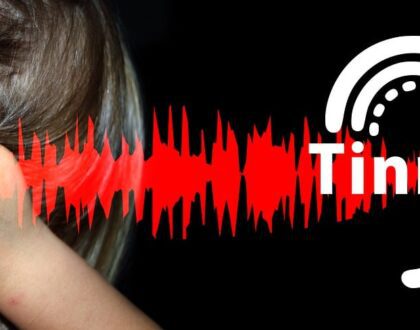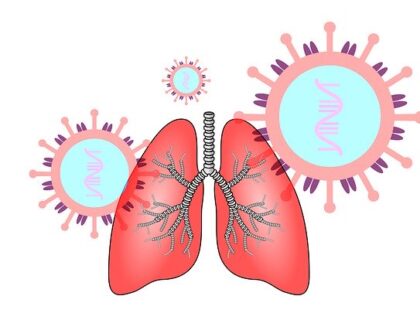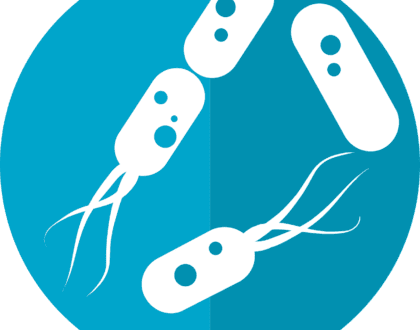New Ways to Treat Depression

New ways to treat depression
Advancements are coming at a rapid pace on many fronts these days. Understanding and finding new ways to treat depression is no exception. The older ways of treating major depression was using drugs such as tricyclic anti-depressants., which brought with them a whole slew of nasty side effects and that they weren’t really getting to the root of the problem. Then about 30 years ago, a new class of anti-depressants were introduced with the promise of better treatment outcomes: Specific Serotonin Re-uptake 
Then came another calls of compounds, one that inhibits not just serotonin re-uptake but also dopamine and nor-adrenaline reuptake in the brain. This helped a small percentage of people who not responding to the SSRI’s to some degree but still is no magic bullet.
More recently, there has been some success with a technique called deep brain stimulation for treatment resistant depression. Certain areas of the brain are stimulated with a surgically implanted device or electrode. There are adverse effects and this technique doesn’t work for many who try it.
So what do we have left? What do we do for a patient who is suffering with depression and is not responding well to conventional medicine? Recently there has been lots of speculation as to the role of inflammation in depression, as well as of course other chronic conditions. It’s become a belief amongst researchers and clinicians that inflammation is at the root of all chronic conditions. Inflammation is the all important process of bringing in specialized cells to clean up a site of injury, or a site of infection, doing the necessary repais, turning the inflammation back off and moving on. However things don’t always go so smoothly. For example, if the inflammation is not turned off as soon as the repair is made, the inflammatory reaction that is local starts to affect the surrounding area, causing inflammation in those cells, even cell death, which brings with it more inflammation, and the process just stays on.
Its been known for a longtime that inflammation anywhere in the body, such as inflammation due to an autoimmune disorder, makes the chances of cardiovascular disease and therefore a heart attack much greater. Why should depression have a comorbidity with heart disease? This is the kind of question that led to the reasoning that inflammation in the body may somehow affect and lead to inflammation in the brain, and increased depression.
With inflammatory cytokines and proteins in the brain, possibly contributing to depression, it was reasoned that NSAIDS, which help inflammation in the body to some degree, should help with depression.
When there is a traumatic brain injury, there is a big release of inflammatory cytokines that actually make matters and outcome worse. It was reasoned that perhaps progesterone can inhibit this inflammatory cascade and lead to better outcomes. Both these approaches, NSAIDS and progestrone made no difference or made things slightly worse. The reason, possibly, is because use of drugs which are very specific to turning off some proteins or pathways, is very complicated! The theory is a correct one though I believe if only we could shut off the inflammation without bringing on any additional side effects.
Guess what? Such a thing already exists and its called Acupuncture and herbal treatments. We have formulas that have been used for thousands of years and whose properties are fully known. These herbal formulas can safely attenuate the inflammation that is going on anywhere in the body, or the brain, and result in more favorable outcomes. For example, one of the anti-inflammatory herbal formula, can result in better depression therapy outcomes no matter what approach is used as herbal formulas can reduce inflammation safely and bring results that way, so an implant, talk therapy, an SSRI inhibitor, or exercise as a treatment for depression will work better. There are also many powerful anti-inflammatory foods that we can use to help keep things under control, and together with the right diet and herbal formulas, relief could be close by.
Recommended Posts

Tinnitus can be effectively managed thru acupuncture and herbs
August 24, 2023

Are you suffering with long COVID?
February 11, 2022


